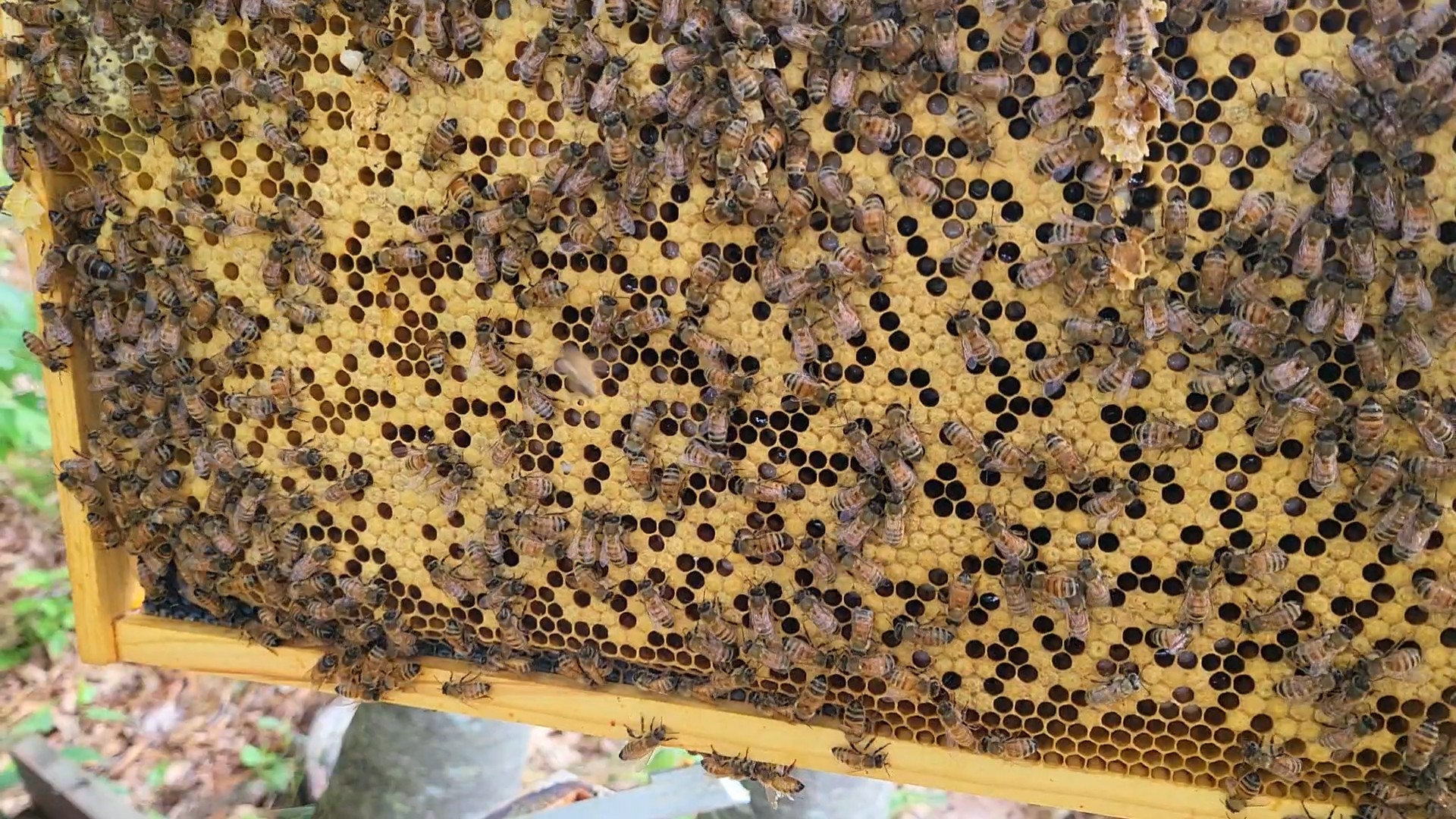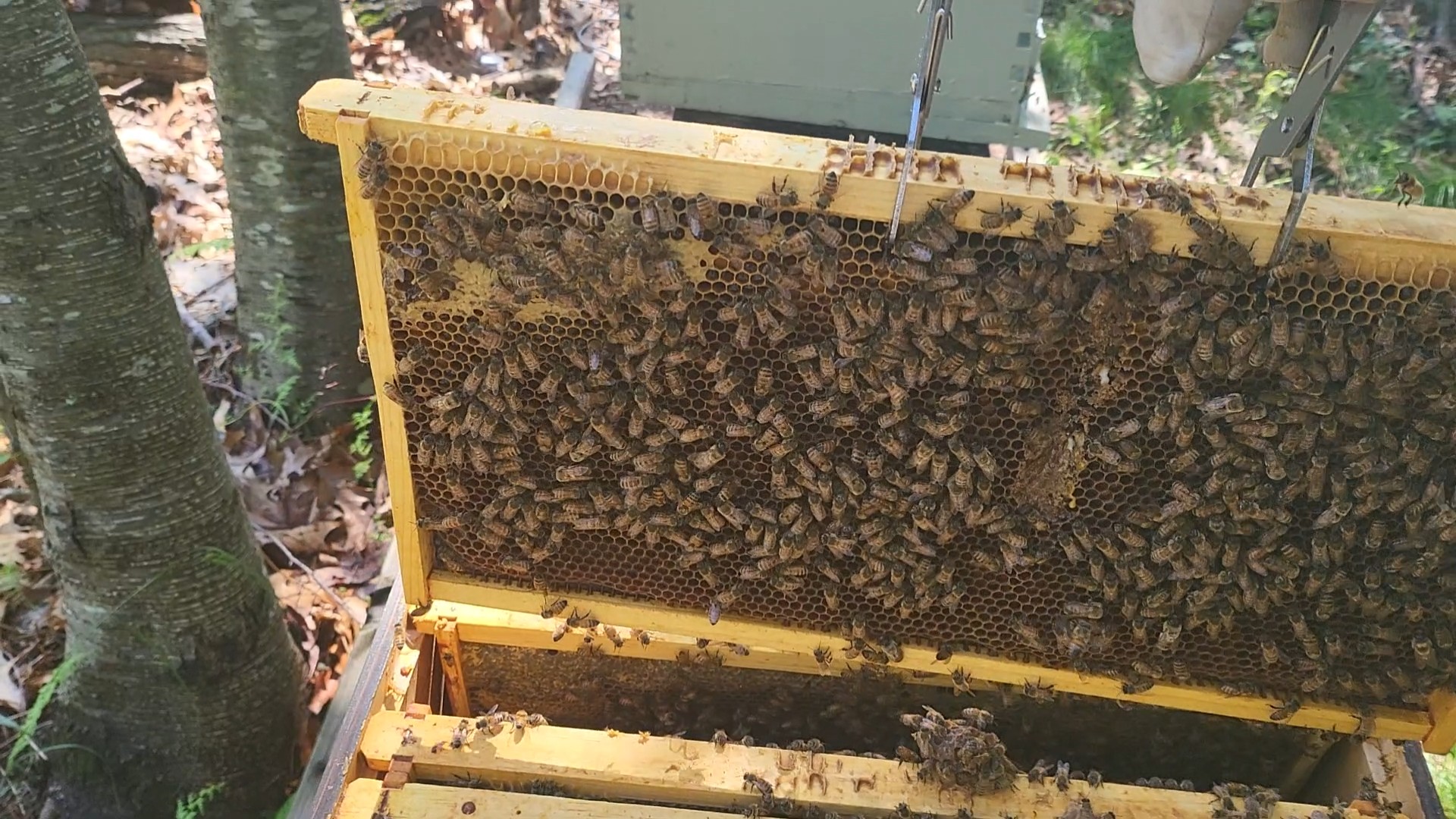Hello, I am a 10 year beekeeper and bee remover. I've taught hobbyists and removers the ins and outs of beekeeping for awhile now, and I've gotten to the point that I feel there's very little that bees have left to teach me. I deal with a more southern climate, not much overwintering, and my bees are partly Africanized, like the local population. I can answer questions about hobbyist beekeeping as well as strategies for removal and relocation. Have a problem you can't quite figure out? Bees being a bit mysterious to you? Having trouble with a particular hive? Want to know more about what gear or woodenware you're working with? Hit me up here!

